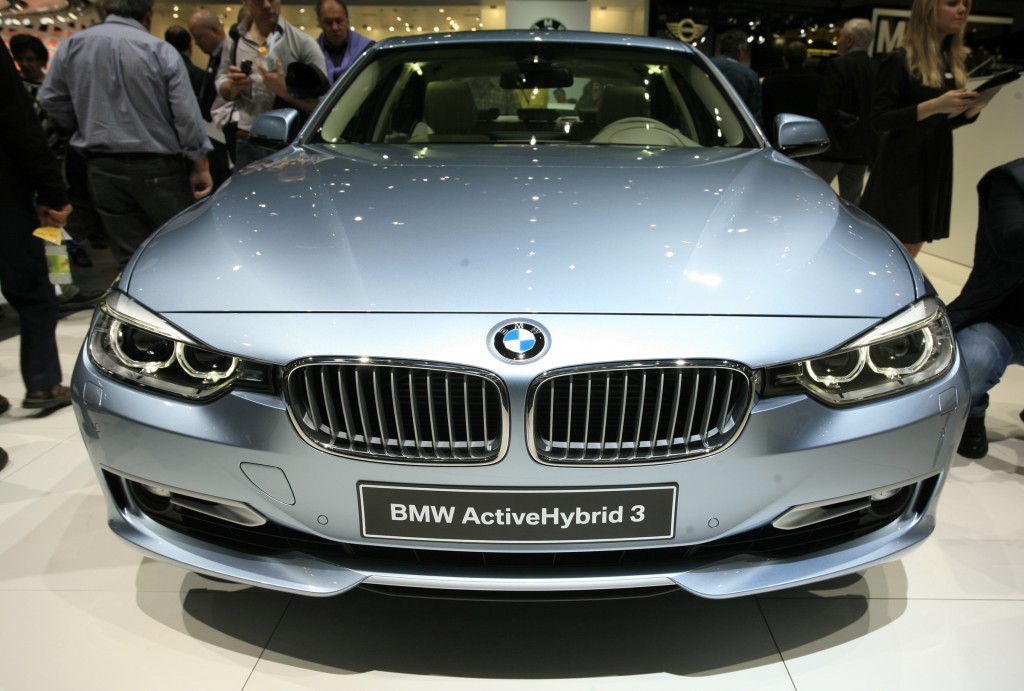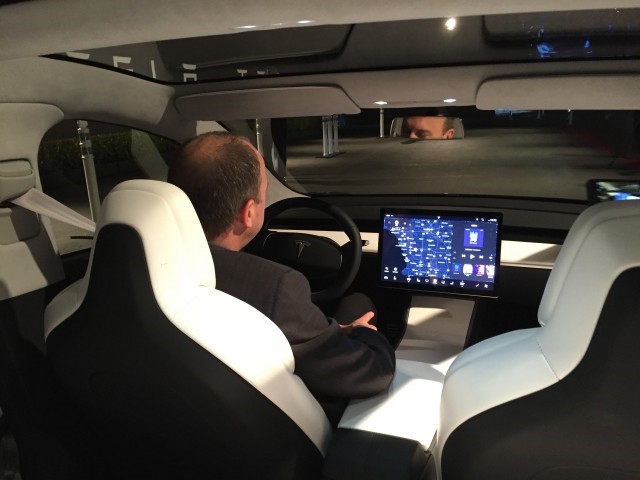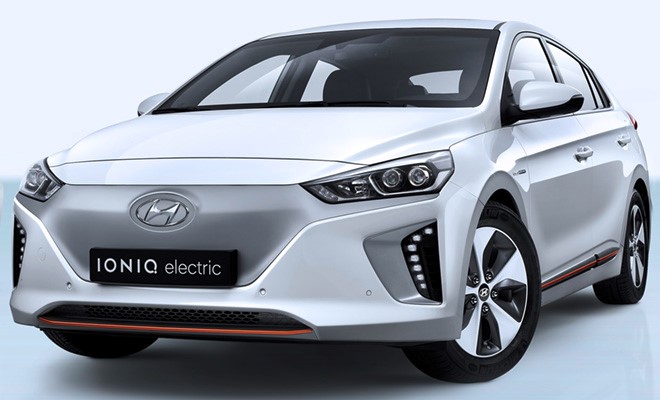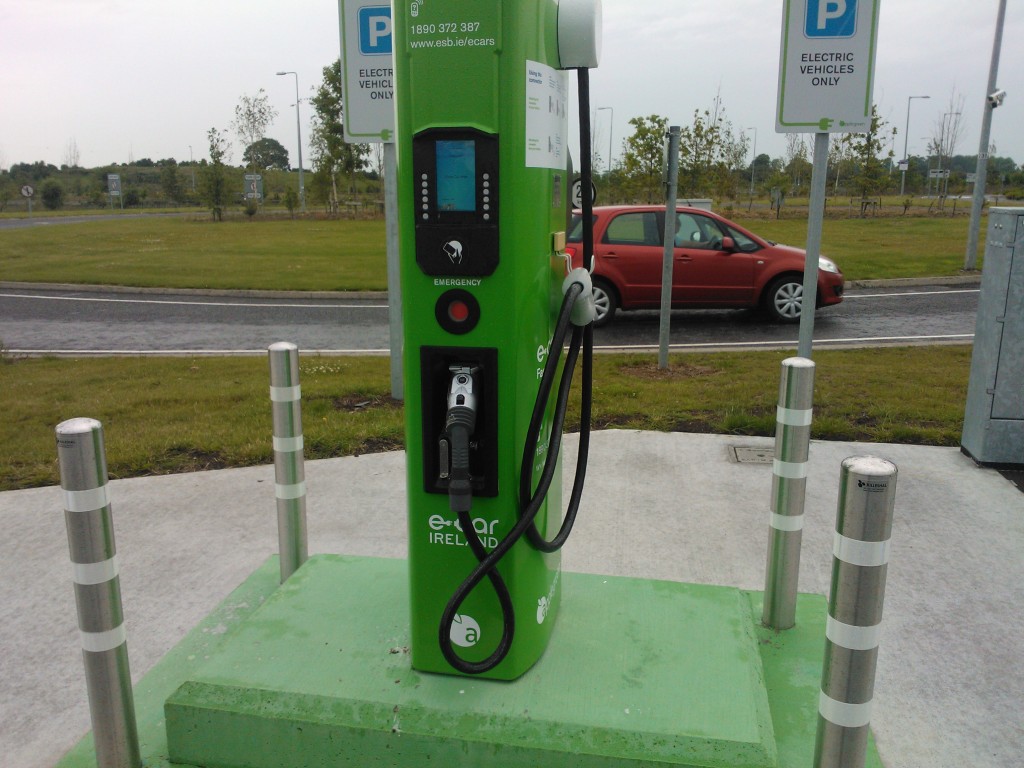EV Charging Options in Ireland
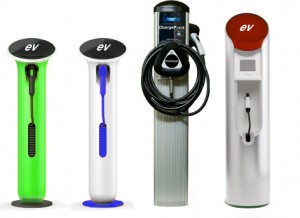 Electric Vehicles in Ireland will be charged through three types of connection points explained below.
Electric Vehicles in Ireland will be charged through three types of connection points explained below.
A purchaser of an EV who has registered for the EV Grant Scheme with SEAI will meet the plug socket requirements for the national infrastructure planned by ESB.
The following shows the main characteristics of the charging infrastructure, which the Consumer should be aware of:
Home Charging
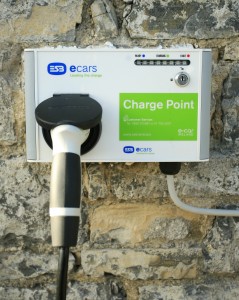 Consists of a standard domestic Single Phase, 230 Volt, 16 Amp, 3.7kW with an
Consists of a standard domestic Single Phase, 230 Volt, 16 Amp, 3.7kW with an
outdoor Plug fitted externally to the Home within an appropriate distance (~1.5m) and appropriate access to the charge point on the vehicle
Typical overnight charge time = 6-8 hrs, varies depending on car model. Electricity consumption is added to your electricity bill like any appliance usage.
It is thought that 80% of EV annual energy requirements are likely to be supplied through the Consumer’s own Domestic socket.
The first 2,000 Evs purchased and registered with SEAI get their Domestic Sockets installed free of charge by the ESB
On-Street or Public Car Park Charging
This is Single Phase, 230V, 16 Amp, 3.7kW or three Phase, 230V, 16 Amp, 11kW The charge post has a locking mechanism for the plug socket avoid unintended interruption. Activation is by a key-fob available from the ESB. The Charge time is likely to be between 2-6 hrs. 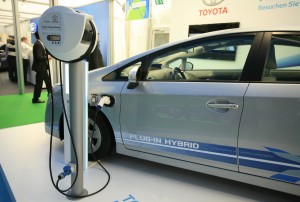
There are 1,500 public charge points expected to be available across Irish towns and cities by the end of 2013. This is due to increase as private enterprise gets involved with supply and installation.
For a full list of charge point locations in Ireland, view our car charge map on our website www.evcompare.ie
Fast Charging
The Fast Charging system to be deployed in Ireland will be the CHAdeMO fast charging system and vehicles must be CHAdeMO compatible in order to avail of this fast charging facility. CHAdeMO was formed by a consortium of Auto Manufacturers including The Tokyo Electric Power Company, Nissan, Mitsubishi, Subaru and Toyota and is accepted as the industry standard for EV fast charging
Benefits of Fast charging include a system that can deliver 3-Phase DC current at 50kW. A charging time to fill a battery to 80% of its capacity in about 25mins. With the high energy involved, the transformer equipment is stored inside the Fast Charger tower and not the car, which reduces the weight of the vehicle.
The Fast Charger has a unique plug type and cable with a single connection to the vehicle. The down side of fast chargers is that a higher payment for the electricity purchased from these stations will be required in order to reflect the higher equipment costs and day time electricity prices.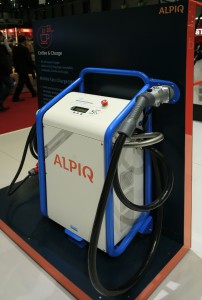
ESB have installed 30 Fast Chargers around the country within 60km radius of each other. The Electricity Tariff is under revue for use of a Fast Charger, However this is likely to be more expensive than using a Standard on street Charger to cover the larger cost of the equipment involved.
